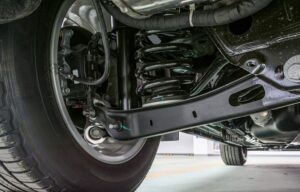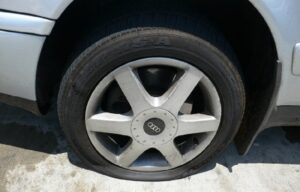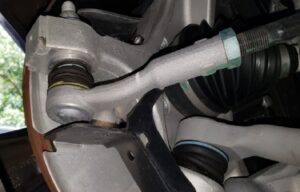Is Your Car Loan Interest Tax Deductible?
What is car loan interest?
When you repay the loan in monthly installments, part of it goes toward paying off the interest, while the other part goes toward paying off the principal .
Is car loan interest tax deductible?
The deduction of interest on car loans is not allowed for ordinary taxpayers.
When Car Loan Interest Is Deductible
You can deduct a portion of your car loan interest if you purchased a car for personal use, but you ALSO use it for business purposes. For example, let’s say you’re a business owner, self-employed, freelancer, or independent contractor. Even though you purchased the car for personal use, you’ll use it for certain car-related business expenses (like hauling goods, running errands, and traveling for work). These expenses can be deducted from the car loan interest you pay each month.
However, you can only deduct your taxes for business reasons and not for personal reasons. For example, if you use your car 70% for business reasons and 30% for personal reasons, you can only deduct 70% of the car loan interest from your tax return.
When Car Loan Interest Isn’t Tax Deductible
If you took out a car loan to purchase a vehicle for your daily commute and personal use only, the interest on the loan is not tax deductible.
Until 2017, you could also take tax deductions for interest paid on home equity lines of credit (HELOCs) used to purchase vehicles. However, this was suspended until 2026 by the Tax Cuts and Jobs Act of 2017.
How can you amortize the interest on a car loan?
The IRS allows you to calculate your tax deductibles using two different methods:
Actual Expenditure Method
This allows you to deduct all eligible automobile-related expenses during a fiscal year. To do this, add up all automobile-related expenses during the year and multiply them by the business use percentage.
For example, if your total car expenses in a year were $8,000 and you used the vehicle for business purposes 40% of the time, then the amount you spend on business expenses is 40% * 8000 = $3200.
The IRS continues to update the standard mileage rate , which is 67 cents per mile as of 2024 .
The standard mileage rate includes many of the costs you would normally add up as “actual expenses” – like maintenance, gas, oil, repairs, etc. Multiplying this rate by the number of miles driven for business purposes will give you a deductible amount on your tax return.
What documents do you need to claim the car loan interest tax deduction?
It is helpful to keep detailed records and documents regarding your business expenses. This will make it easier to claim tax deductions and will also help the authorities verify the claim. Keep these documents for 3-4 years in case you need to refer to them later.
Benefits
Helps you pay off high-interest loans: Interest charges on car loans are often the most expensive part of the loan. Getting a deduction can offset the benefit of a high APR car loan.
Disadvantages
Need to confirm if you are eligible: Make sure you have a proper business license when claiming 100% tax deduction. Also, make sure you calculate your actual expenses and mileage correctly.
Unvalidated claims may result in audits: The IRS doesn’t take kindly to fraud and invalidated tax deduction claims.
Penalties and fines for misleading finances: Only claim a tax deduction where you are allowed to – or be prepared for a hefty fine.
How Can Refinancing a Car Loan Help You Get Tax Benefits?
One of the biggest problems with a bad car loan is that you will always have cash flow problems. Even if you use the car only for business purposes, you will still have to pay high interest on the loan and wait until the end of the financial year to get a refund. This effectively ties up money that could be spent elsewhere.
While refinancing your car loan doesn’t have a direct tax benefit, it can help you reduce the interest on the car loan you pay each month. This will free up more money that you can use to pay for gas, household expenses, student debt, and more. If you use that money for business-related car expenses, you can benefit indirectly by claiming a tax deduction on that amount.
You can also use cash back car loan refinancing to borrow an amount equal to the resale value of the car. You can get a portion of the loan in cash, which you can invest in your business or use to meet your immediate needs.
Yes, you can claim a tax deduction if you use the vehicle for business purposes.
If you are self-employed, self-employed or an independent contractor, you can only deduct part of your allowance. This will only cover expenses related to the use of the vehicle.
However, if you bought a car for personal reasons, such as for travel, you cannot claim tax deductions.
You can only deduct a portion of your motor vehicle expenses that correspond to the business use of the vehicle. If you use your vehicle 70% for business purposes and 30% for personal purposes, you can only deduct 60% of the interest on your car loan. If you bought the vehicle for 100% business use, you can deduct 100% of the interest.












Post Comment
You must be logged in to post a comment.